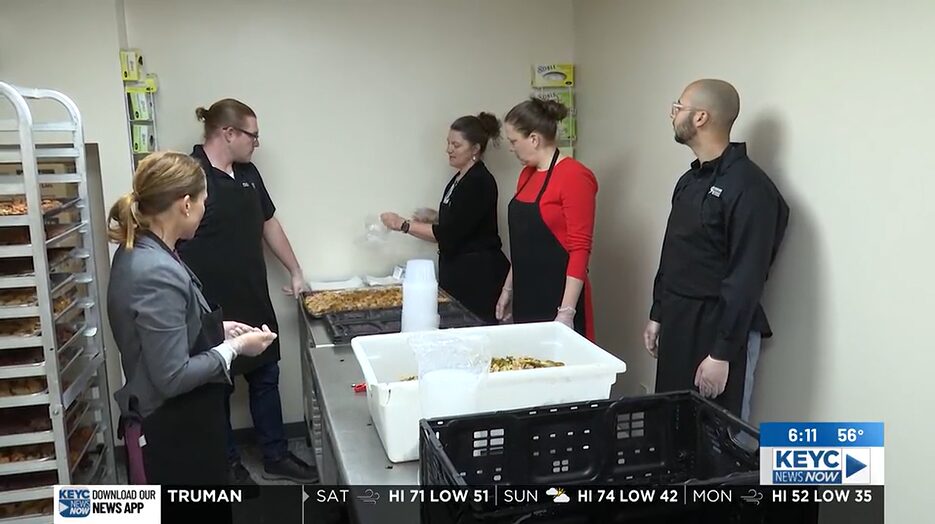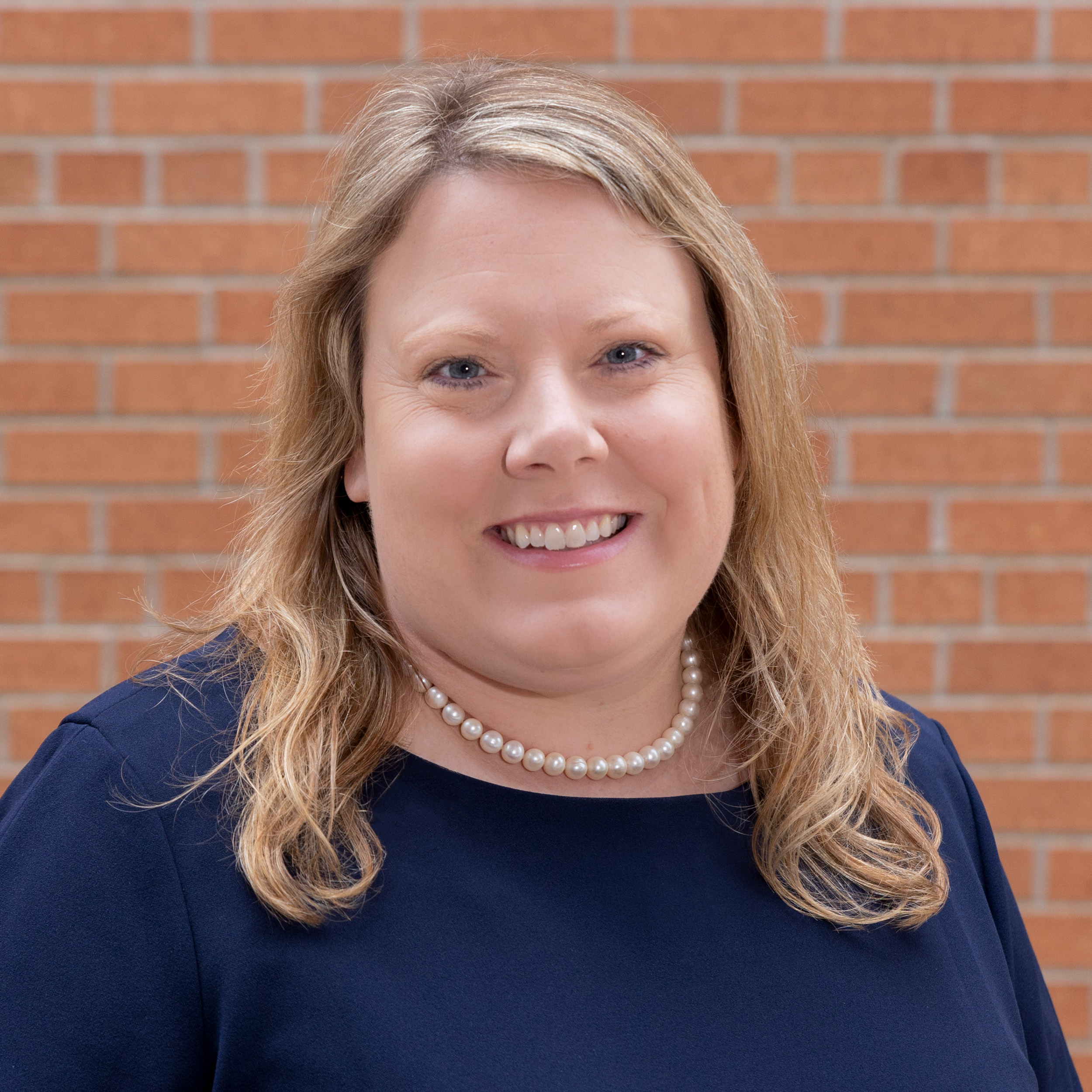Americas Competitiveness Exchange Colorado Final Report
in News/by Region NineRegion Nine’s Executive Director, Nicole Griensewic, was selected to participate in the 13th Americas Competitiveness Exchange on Innovation and Entrepreneurship (ACE) in Colorado, as an ACE Ambassador, from August 1-6, 2021. ACE Colorado was hosted by the U.S. Department of Commerce’s International Trade Administration (ITA) and Economic Development Administration (EDA), in coordination with the U.S. Department of State and the Organization of American States (OAS) and in partnership between Jefferson County Economic Development Corporation (Jeffco EDC), the City and County of Denver, and El Paso County.
Each ACE edition connects decision-makers from the public and private sector in the Americas to a region’s new business opportunities, innovation hubs, flagship sectors, strategic investment, and research and development centers. In the wake of the COVID-19 pandemic which has negatively impacted the economies of the region, ACE reconnects communities with international trade, potential investors, and supply chains, which are urgently needed in order to recover.
View the final ACE Colorado report here to read about the participants, what happened during the trip, results so far, and more!
Delegation to Germany’s North Rhine-Westphalia Updates
in News/by Region NineRegion Nine’s Executive Director Nicole Griensewic joined the Climate Smart Municipalities (CSM) delegation to Germany’s North Rhine-Westphalia (NRW) from September 11-18, 2021. The delegation consisted of 28-32 members representing the cities of Duluth, Morris, Rochester, Warren, White Bear Lake, along with state government, counties, business, and the education and nonprofit sectors.
Below are links to PDFs to CSM’s 2021 Delegation dispatches highlighting events of the day as well as cities involved in the exchange.
Dispatch Special Report: Rochester
Dispatch Special Report: Morris
Dispatch Special Report: Duluth
Area commissioners’ top issues: broadband, highways, telemedicine
in News/by Region NineMore federal funding to expand broadband, rules to allow the continuation of telemedicine, highway funding and more aid for small businesses are at the top of the list for area rural counties.
Those were the messages county commissioners delivered to U.S. Sen. Amy Klobuchar during a virtual roundtable she hosted Friday. The three commissioners are board members of the Region Nine Development Commission.
Le Sueur County Commissioner Steve Rohlfing hoped Klobuchar will help push for changes to federal rules to allow telemedicine to continue after the pandemic.
“COVID, like it or not, has really created some new avenues for us. Telemedicine is working and we don’t want that to go away.”
Rohlfing said telemedicine visits not only help with doctor and nurse visits but also with social worker and mental health professional visits.
He said current rules on reimbursement are designed to encourage in-person rather than telemedicine visits.
Klobuchar talks economic recovery plans for Region 9
in News/by Region NineSen. Amy Klobuchar talks COVID’s economic impact with the Region 9 Development Commission
The pandemic has hit businesses, hospitality industry and the economies of entire cities, with having to close restaurants for weeks at a time to canceling events that would’ve drawn tourists.
Representatives from Sibley, Le Sueur and Martin County joined the senator to tackle short and long-term pandemic recovery for Region 9.
Sen. Klobuchar announces the Restaurant Act which aims to help eating establishments and venues across the state.
”Mankato Ballroom, Kato Ballroom and a number of other places through the state. Including everything from First Avenue to the Bluestone Amphitheater. That was in the end of the year bill, that applications were just all in for that. The restaurants bill is going to help even more for your region, areas where we have had some significant drop-off from a lot of our restaurants and we want to keep them strong,” United States Senator, Amy Klobuchar said.
Sen. Klobuchar says on the horizon: infrastructure funding is coming as well.
Executive Director Griensewic reflects on Mondale’s impact on MN and how we need to continue to fight the “good fight”
in News/by Region Nine
|
|
Economic development grant helping southern Minnesota
in News/by Region NineBeing proactive and not reactive is the motto for Region 9 Development Commission.
“How are things going right now and what do we see in the future,” Region 9 Development Commission Executive Director Nicole Griensewic said.
Especially with their Comprehensive Economic Development Strategy.
Each year, they provide the Economic Development Grant for southern Minnesota.
More than $200,000 is invested into the region to prepare the economy for the worst like a natural disaster or economic downfall.
“When those economic shocks happen, we can rebound better. We know who the partners are, we know what kind of works and what doesn’t work, because we know these economic shocks are going to happen. It is just really important that we are here to listen and gather information from all of our different partners,” Griensewic said.
Read the full article here.
Latest Posts
 MPCA Speaks of Benefits of Reducing Food WasteApril 16, 2025 - 3:33 pm
MPCA Speaks of Benefits of Reducing Food WasteApril 16, 2025 - 3:33 pm RNDC Receives $100,000 Grant for Regional Effort to Rescue Surplus Food for Food ShelvesDecember 20, 2024 - 11:42 am
RNDC Receives $100,000 Grant for Regional Effort to Rescue Surplus Food for Food ShelvesDecember 20, 2024 - 11:42 am Beyer named deputy director for Region Nine Development CommissionDecember 20, 2024 - 10:48 am
Beyer named deputy director for Region Nine Development CommissionDecember 20, 2024 - 10:48 am
Contact Us
- 3 Civic Center Plaza, Suite 310
- Mankato, MN 56001
- (507) 387–5643
- Mon – Fri 8:00 – 4:30
Fridays from Memorial Day through Labor Day
we are open until 3:30.
The RNDC office is closed most major holidays. Please go to the Calendar for more information.
Our staff follows a hybrid schedule. Please call ahead or contact an RNDC staff member to schedule a meeting.
Join Our Newsletter
Categories
- Archive (3)
- Miscellaneous (5)
- News (172)
- Newsletter (88)
- RNDC Policies (3)

